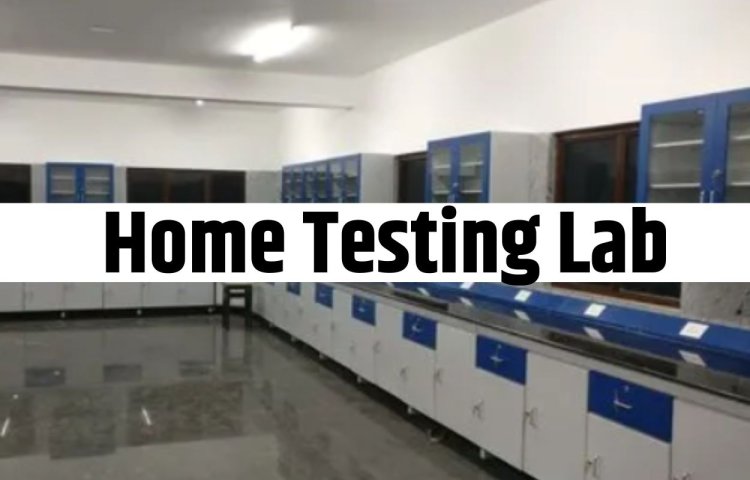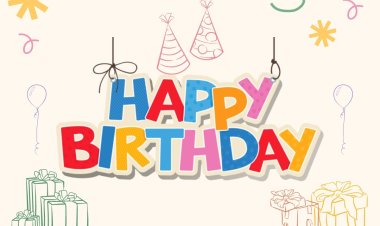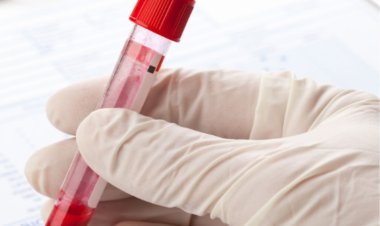How To Start Home Testing Lab
A home testing lab can be a great option for conducting experiments in biology, chemistry, electronics, or any other field. Having this space in the home can be both educational and entertaining. The following is a guide to help you start a home testing lab.

Setting up a home testing lab can be a great way to learn and explore different scientific concepts. A home testing lab can be a great option for conducting experiments in biology, chemistry, electronics, or any other field. Having this space in the home can be both educational and entertaining. The following is a guide to help you start a home testing lab.
Choose your focus
First choose your focus that what kind of tests you want to do in home testing laboratory. This may differ for different subjects, such as one for interest in experiments in microbiology or genetics and another for electronics or physics. Only after determining this, you will need equipment and materials related to your interest.
Determine the location of the laboratory
Ideally, setting up the laboratory requires a well-ventilated space. For this, choose a place in your house which is open and airy.
Keep the security aspect in mind
Before building a laboratory, keep in mind all the international safety standards like proper ventilation, fire extinguishers, emergency equipment and first aid kits etc. If the test is related to chemistry, wear safety equipment like goggles, gloves, mask, lab coat and so on. apron. Only after doing this enter the laboratory.
Keep the lab organized
Always keep the lab organized. Doing this may make it difficult to find the test material at the time of experiment. Apart from this, rats and cats can damage the test materials in the laboratory in your absence.
laboratory testing equipment
- Biology: Microscope, Petri dishes, agar plates, pipets, test tubes, Bunsen burner (if working with microorganisms), biological safety cabinet (for more advanced experiments).
- Chemistry: Beaker, flask, test tube, graduated cylinder, Bunsen burner or hot plate, safety glasses, chemical reagents.
- Electronics: Breadboard, resistors, capacitors, LEDs, jumper wires, soldering iron, multimeter, various electronic components.
- Physics: Measuring instruments (ruler, protractor, scale), magnets, lenses, mirrors, laser pointers, motion sensors.
Use a research plan during the experiment
Before conducting any experiment, thoroughly study international research protocols and procedures. Prepare a plan before conducting the experiment, including safety precautions and disposal methods for any waste that may be generated.
Document the work
Keep a notebook in the lab to record your experiments, observations, and results. This will not only help you track your progress but will also serve as a valuable reference for future experiments.
Keep the lab clean
Keep the lab clean and organized to avoid accidents. Label all containers and shelves, and develop a system for storing tools and materials.
Dispose of waste properly
Be careful how you dispose of the waste generated during experiments. Follow international and local regulations and guidelines for disposal of chemicals, biological materials and electronic waste.
Continuous Learning
Never stop learning. Take advantage of online resources, books, and courses to expand your knowledge and skills. Join online forums or local clubs to connect with other hobbyists and professionals in your field of interest.
Enjoy your experiments
Enjoy your experiments and discoveries and never get disappointed. Always don't be afraid to try new things and explore different areas of science. Accept failures as learning opportunities and celebrate your successes.
Warning: we have released this post for your information. In any case, while setting up a home testing laboratory, provide your information to the government and keep safety paramount in your experiment. Always use caution and seek guidance if you are unsure about any aspect of your experiments.










![[PDF] Financial Analysis of Fish Farming Operations](https://www.mpnewshindi.com/uploads/images/2024/02/image_380x226_65de4629a865d.jpg)






